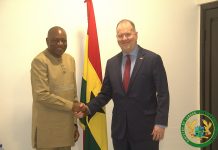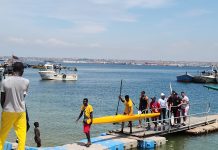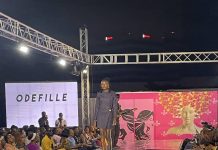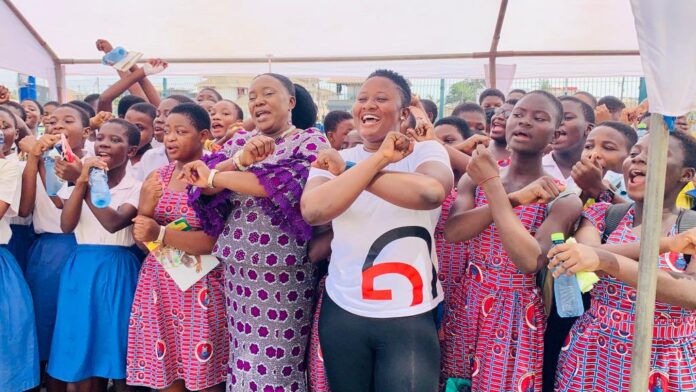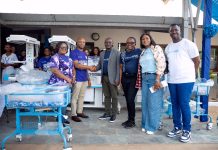The Institute of Gender, Research, Education, and Development (iGRED) on Tuesday, March 7, held an event to commemorate International Women’s Day (IWD) 2022.
The event sought to bring together young girls within the Teshie, Nungua, Labadi, and Jamestown communities and educate them on the importance of reproductive health and menstrual hygiene.
100 participants from Nungua Senior High School, La Presby Senior High School, Teshie Presby Secondary School, and Teshie Technical Training Center including 20 young girls from the Ledzokuku municipality were in attendance.
Member of Parliament for the La Dadekotopon Constituency, Hon. Rita Naa Odoloey Sowah graced the occasion and urged the young ladies to fearless pursue their dreams even in the face of opposition.
“I encourage all of you young girls to endeavour to #BreaktheBias and become exemplars to other young girls. In tandem with Ghana month, I would like to highlight and celebrate one great woman patriot, the likes of Rebecca Ashitey, who was instrumental in the country’s struggle for independence as Ghana commemorates Independence.”
On his part, the Chief Executive of iGRED, Noelyne Mensah, also spoke on this year’s theme, to empower young women and girls.
She asserted, “your gender as female must never be the reason why you are compelled to do anything, and your gender as female must never be the reason you are denied from anything you desire”.
As part of efforts to eradicate period poverty and promoting environmental sustainability, the participants were introduced to the Menstrual Cup, by Elena De Pascual, Co-founder of GAIA Menstrual Cup – an organization focused on ending period poverty and mitigating climate change.
She used the opportunity to demonstrate the proper use of the menstrual cup.
Reports have shown that most young girls become vulnerable to emotional and physical challenges during their menstrual days.
This vulnerability, coupled with period poverty in certain areas, makes menstruation even harder for these young girls. Switching to menstrual cups can help save money and the environment.
The iGRED Health team, comprising Anita Asamoah, Abigail Yeboah, Rabiatu Afariwaa, and Sandra Ayorkor Larsey, also engaged the girls in Reproductive and Sexual Health talks.
They explored the need to abstain from sex while still in school, and focus on their education, safe sex to avoid sexually transmitted diseases if they were already sexually active.
After these various sessions, sanitary pads and menstrual cups were given to all participants.
The event was finally crowned with inter-school football games and some other sporting activities. iGRED provided adequate refreshments and safe transportation to all attendees.
iGRED believes this event is essential, as it would help generally enhance the narrative of women and girls in Ghana.
They believe this event is very important to get young women in these selected areas, beef up their knowledge and practice of menstrual hygiene, and their sexual reproductive health and rights.



